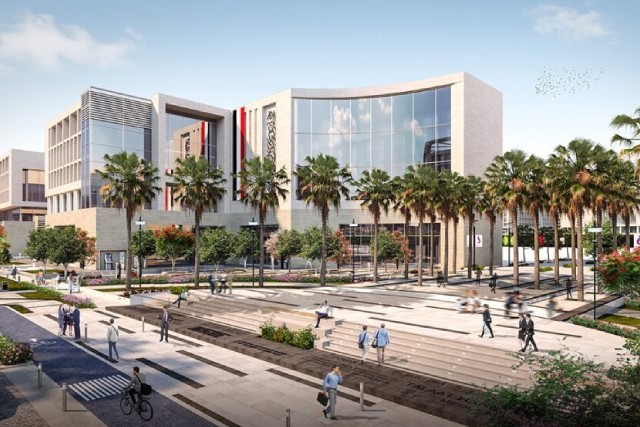Al-Wafd Newspaper
Wednesday, June 4, 2025
Mahnay Youssef, a lawyer, emphasized that amidst Egypt’s current legal and economic momentum, a genuine legislative revolution is imperative—one that aligns with the developments of the modern age and paves the way for a new renaissance that restores Egypt to its deserved position.
In exclusive statements to Al-Wafd Gate, Youssef noted that the Egyptian state has achieved tangible progress in infrastructure development over the past few years, thanks to a clear vision and strong will from the political leadership, led by President Abdel Fattah El-Sisi. However, he stressed that this renaissance will remain incomplete if it does not encompass the legislative system. “It is not acceptable for a state to build modern bridges and tunnels while still governed by laws drafted in the 1970s and 1980s,” he remarked.

Youssef called for a comprehensive legislative overhaul, initiated by the President, to support national development, promote self-sufficiency, and open doors for regional and international expansion.
He urged incoming parliamentarians to focus on public concerns, rather than individual service requests—which have now become the responsibility of executive authorities that operate without intermediaries. At the top of his list was the need for an electronic court notification law, as it is no longer acceptable for litigation to be delayed due to lost paper notices or for justice to be obstructed by corruption or procedural slowdowns.
He advocated for a modern law legalizing secure electronic notifications as an official and reliable method that would accelerate judicial procedures, simplify litigation, and encourage investment by ensuring digital justice guarantees.
Youssef also stressed the urgency of enacting a real estate registration law that allows ownership registration based on final court rulings in signature validation cases—putting an end to the legal controversy that such rulings do not transfer ownership. This would ensure the security of property transactions and help organize property identities across Egypt.



